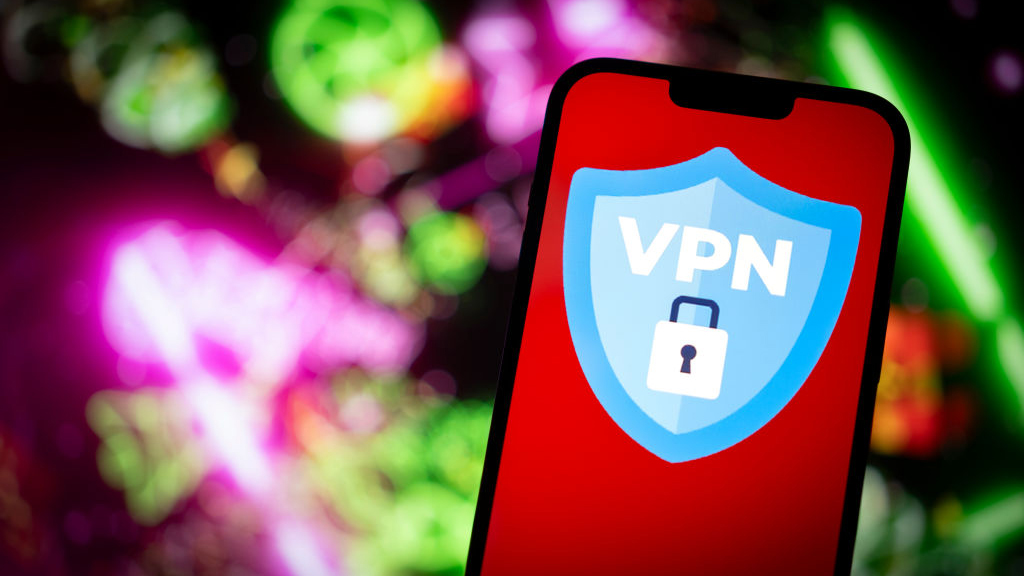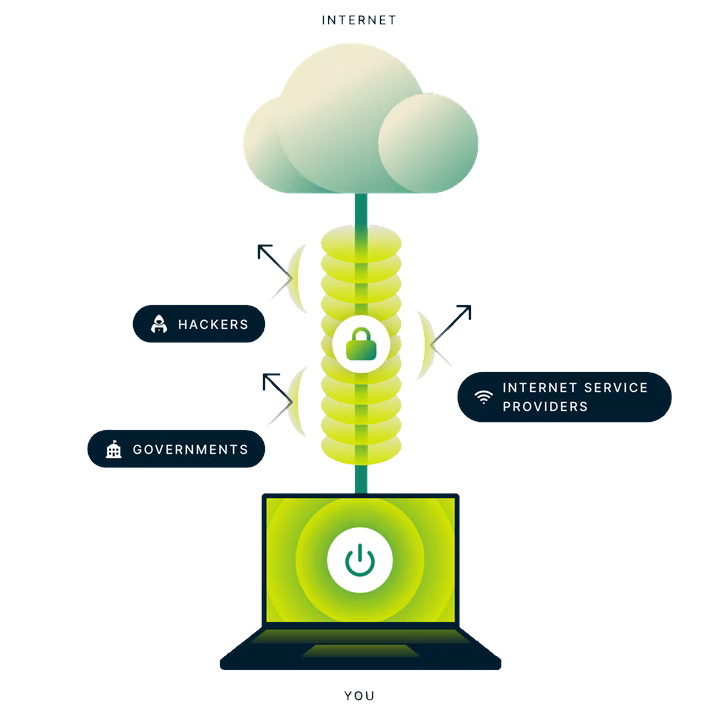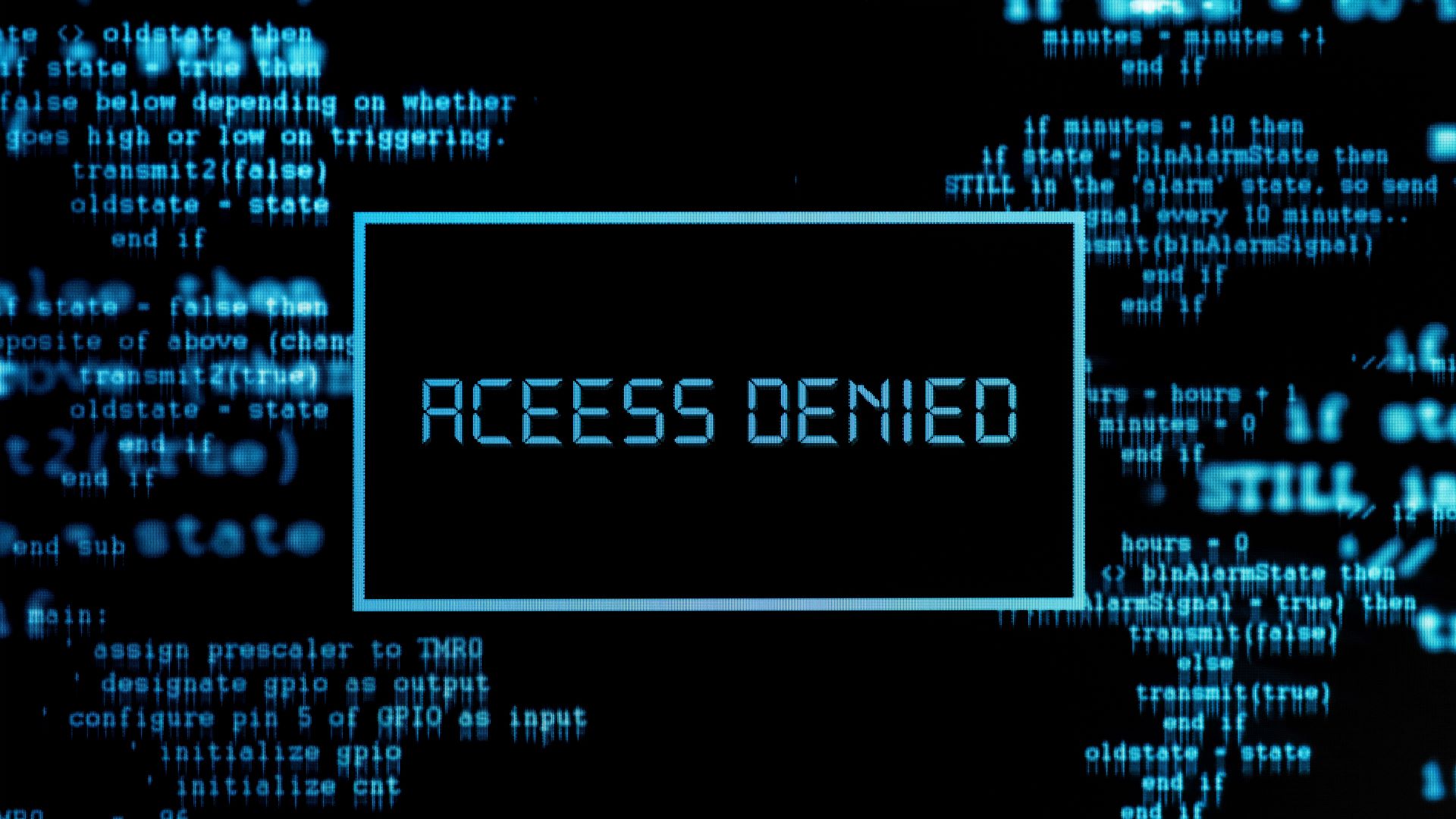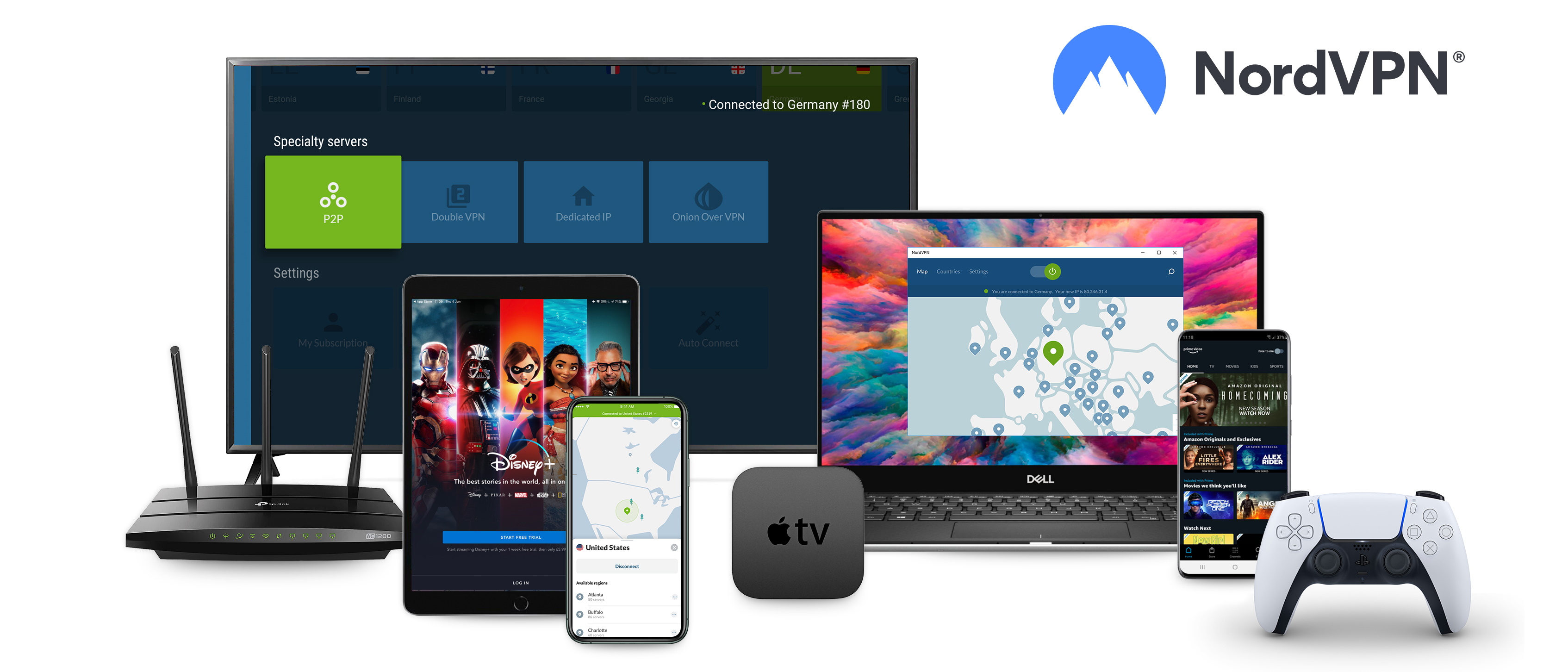This is the main reason TechRadar readers use VPNs - and no, it isn't streaming
Nearly 80% of readers said to do that to improve their online privacy

Sign up for breaking news, reviews, opinion, top tech deals, and more.
You are now subscribed
Your newsletter sign-up was successful
TechRadar experts and reviewers regularly keep themselves busy trying and testing tons of tech gadgets and software – VPN included.
Routine checks enable us to recommend only the very best VPN apps on the market. All this hard work, however, doesn't tell us much about how people actually engage with these products.
We wanted to know more about how TechRadar readers use their VPNs. Therefore, we decided to run a survey last May, and we were (positively) surprised to see that, no, streaming isn't the main use case – privacy is.
How a VPN protects your privacy
Among 73% of respondents who said they regularly use a VPN, the vast majority (79%) said that they do so to improve their online privacy. More than 3 in 10 readers also claim to use a VPN to hide their online activity from their internet service provider (ISP).
So, how does a VPN achieve all of this?
A virtual private network (VPN) is security software that encrypts all your internet connections. Encryption refers to the scrambling of data into an unreadable form to keep it safe from would-be snoopers.
When using a reliable and secure VPN, third parties won't be able to access the content of your online communications. It will also prevent hackers from stealing your information when connected to unsecured public Wi-Fi hotspots.

At the same time, a VPN also reroutes all your internet traffic through one of its international VPN servers. This de facto conceals your real IP address and replaces it with one belonging to the VPN.
Hiding your IP also boosts your online privacy as it makes it more difficult to trace your online activities back to you.
That said, most VPNs cannot mask metadata linked to what you do online, meaning that invasive AI data tracking may still find out a lot about you with these details. NymVPN is currently the only provider that promises to also mask your metadata.
Other VPN uses
Other reasons why most TechRadar readers said that they use a VPN are linked to IP spoofing. Besides privacy, this skill makes you look like you're browsing the web from a completely different place with just a couple of clicks.
Right after improving online privacy, about 33% of respondents said that they use a VPN for accessing regional websites. Local sites, like those offering banking and government services, may only work if they detect that you're browsing them from within the same country that they're based in.
Nearly 30% of people also said that they use these tools as streaming VPN to access foreign streaming catalogs. The likes of Netflix, Amazon Prime, and other streaming giants all enforce geo-restrictions across their content based on your location.

About 21% of readers also said that they use a VPN to avoid internet censorship. As per the latest data, 119 countries saw VPN usage soar in 2024 during times of political crisis.
That's because social media bans and other government-imposed blocks have become widespread tactics to control what people can access online across many countries worldwide. For the first time, in 2024, a democratic nation, France, joined the censor list when the government restricted TikTok in New Caledonia.
All the aforementioned reasons make a VPN a very handy travel companion.
How to choose the most private VPN
When it comes to choosing the most private VPN out there, there are a few key elements you should always consider.
For starters, I recommend checking how the provider collects and uses your data. For maximum privacy, I strongly advise you to pick a VPN with a strong and independently audited no-log policy.
It's a guarantee that the provider will never store or record your identifiable information. All of today's TechRadar's top picks (NordVPN, Surfshark, Proton VPN, and ExpressVPN) fulfill this requirement.

NordVPN is currently TechRadar's top recommendation. Our reviewers praised its many security features, speedy performance, and extensive server network. You can read our full NordVPN review here.
The next step is checking out the security features included within the VPN.
As a rule of thumb, your VPN cannot lack any of the basics. These include secure VPN protocols like WireGuard, strong encryption, a reliable kill switch, and DNS leak protection.
I also suggest getting a service that gives you extra security options, such as a double VPN connection and a built-in malware and ad-blocker.
Lastly, you should look at performance. If you want to use your VPN to boost your privacy, you should connect to a server every time you browse the internet. Hence, look out for a provider with reliable and fast speeds.
Even better, your chosen VPN needs easy-to-use apps and 24/7 customer support to help you deal with any issues as soon as they arise.
We test and review VPN services in the context of legal recreational uses. For example: 1. Accessing a service from another country (subject to the terms and conditions of that service). 2. Protecting your online security and strengthening your online privacy when abroad. We do not support or condone the illegal or malicious use of VPN services. Consuming pirated content that is paid-for is neither endorsed nor approved by Future Publishing.
You might also like

Chiara is a multimedia journalist committed to covering stories to help promote the rights and denounce the abuses of the digital side of life – wherever cybersecurity, markets, and politics tangle up. She believes an open, uncensored, and private internet is a basic human need and wants to use her knowledge of VPNs to help readers take back control. She writes news, interviews, and analysis on data privacy, online censorship, digital rights, tech policies, and security software, with a special focus on VPNs, for TechRadar and TechRadar Pro. Got a story, tip-off, or something tech-interesting to say? Reach out to chiara.castro@futurenet.com
You must confirm your public display name before commenting
Please logout and then login again, you will then be prompted to enter your display name.